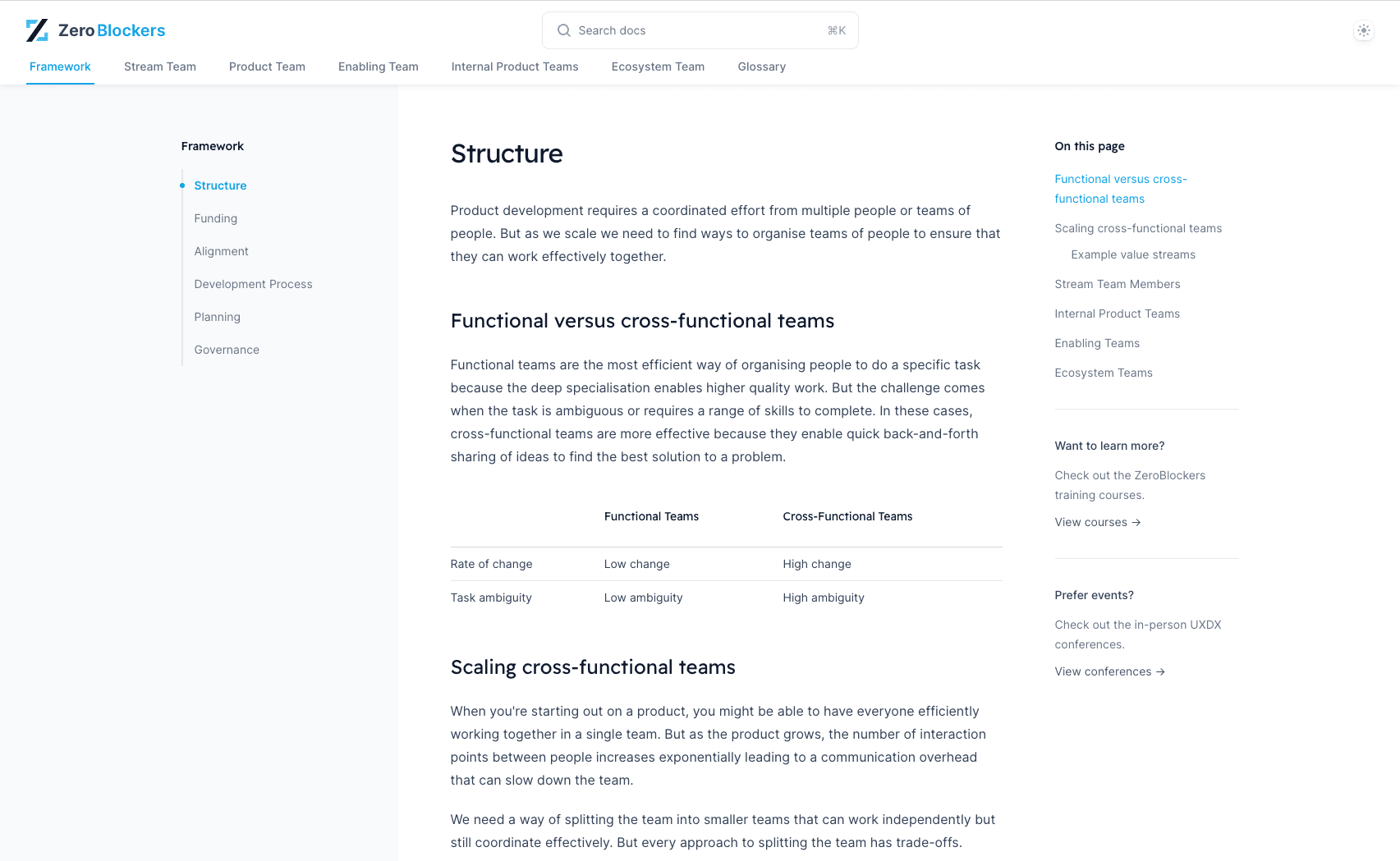Case StudyProduct Team: Decentralised Decision Making - Enhancing Team Performance through Decentralized Decision Making
Frantic faced challenges with slow decision-making processes that hindered team agility and innovation. Centralized decision-making led to bottlenecks, with key decisions often delayed due to hierarchical approval processes. This impacted project timelines, team morale, and the company's ability to respond swiftly to market changes. The lack of autonomy among team members resulted in reduced ownership and accountability, further complicating project execution and stifling creative solutions.

The Solution
Frantic adopted a decentralized decision-making framework known as "First Good Cafe." This playful and structured approach empowered teams to make decisions more autonomously and efficiently.
- Introduction of the First Good Cafe Framework: Frantic introduced the "First Good Cafe" framework to foster decentralized decision-making. This framework encouraged teams to make decisions based on the principle of finding the first good solution rather than the perfect one. The aim was to reduce delays caused by excessive deliberation and to promote swift, yet thoughtful, decision-making.
- Empowering Teams: Teams were given the authority to make decisions within their scope of work without needing extensive approvals from higher management. This empowerment was supported by clear guidelines and boundaries to ensure decisions aligned with the overall strategic goals of the company.
- Training and Workshops: Frantic conducted training sessions and workshops to help teams understand and adopt the First Good Cafe framework. These sessions focused on decision-making strategies, risk management, and the importance of iterative improvement.
- Creating Supportive Structures: The company established support structures, such as cross-functional teams and advisory groups, to provide additional perspectives and expertise when needed. This collaborative approach ensured that decisions were well-informed without compromising speed.
- Feedback and Iteration: A robust feedback mechanism was implemented to continuously improve the decision-making process. Teams regularly reviewed the outcomes of their decisions, shared learnings, and iterated on their approach to refine the framework further.
Outcomes achieved
Implementing decentralized decision-making through the First Good Cafe framework led to several positive outcomes for Frantic.
- Increased Agility: Teams were able to make decisions faster, leading to quicker project execution and the ability to respond more swiftly to market changes. This increased agility helped Frantic stay competitive in a rapidly evolving industry.
- Enhanced Innovation: By empowering teams to make decisions, Frantic unlocked greater creativity and innovation. Team members felt more responsible for their projects, leading to more innovative solutions and a higher level of engagement.
- Improved Morale and Ownership: The decentralized approach boosted team morale by fostering a sense of ownership and accountability. Team members were more motivated as they had a direct impact on the outcomes of their work.
- Better Decision Quality: While speed was a focus, the framework's emphasis on the first good solution ensured that decisions were still thoughtful and well-considered. The iterative feedback process further improved the quality of decisions over time.
- Sustainable Practices: The First Good Cafe framework became an integral part of Frantic's organizational culture. The company continued to refine and adapt the framework, ensuring it remained effective and aligned with their strategic objectives.
